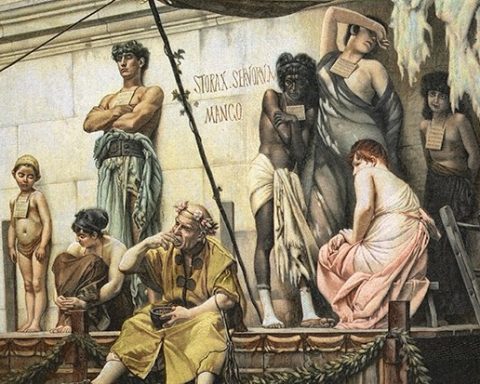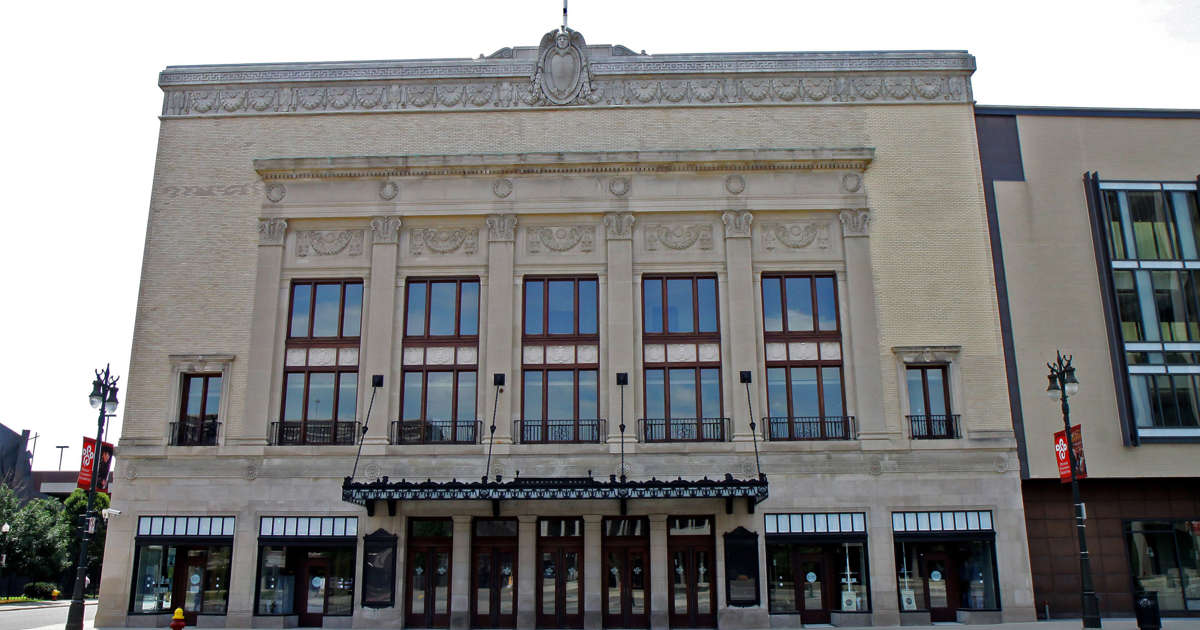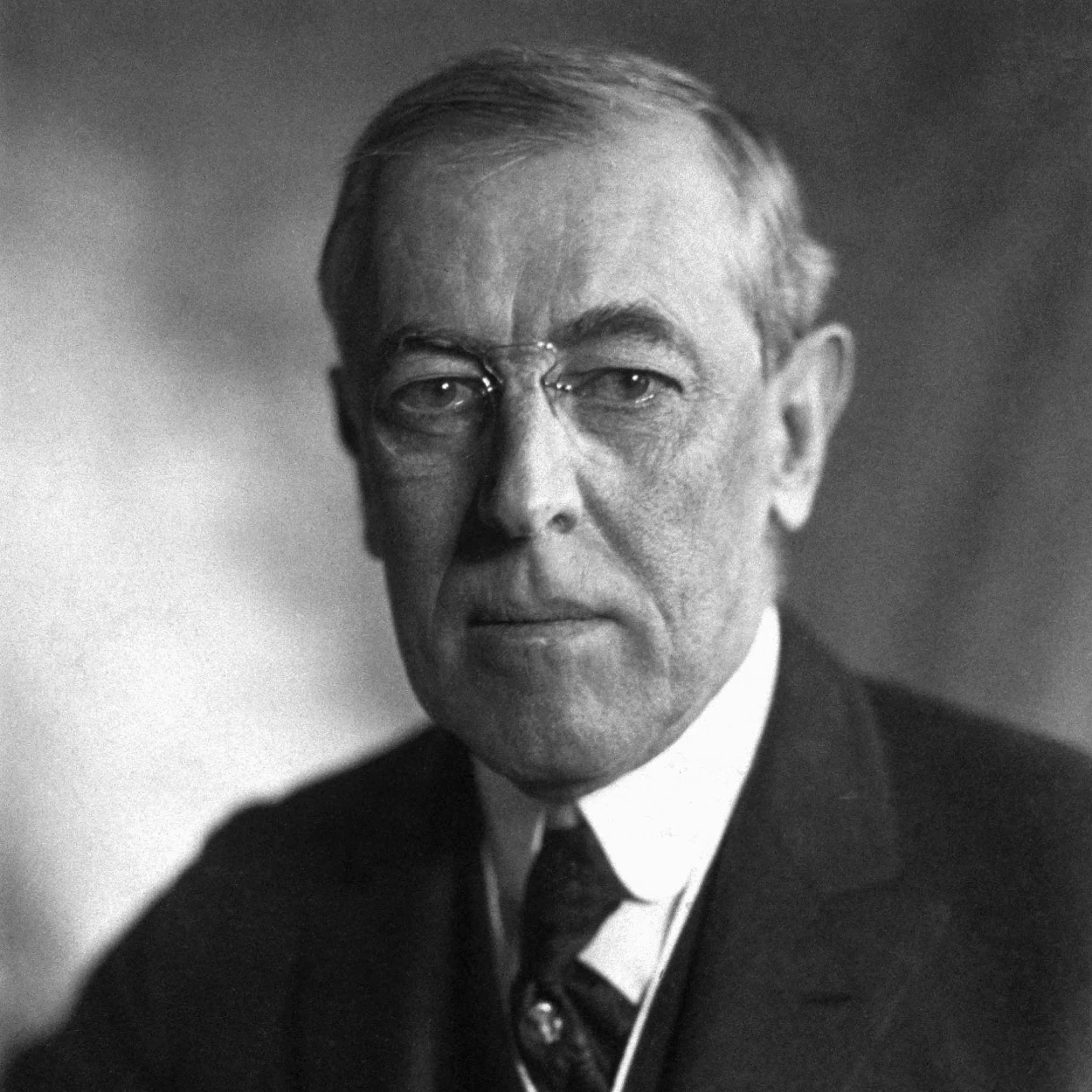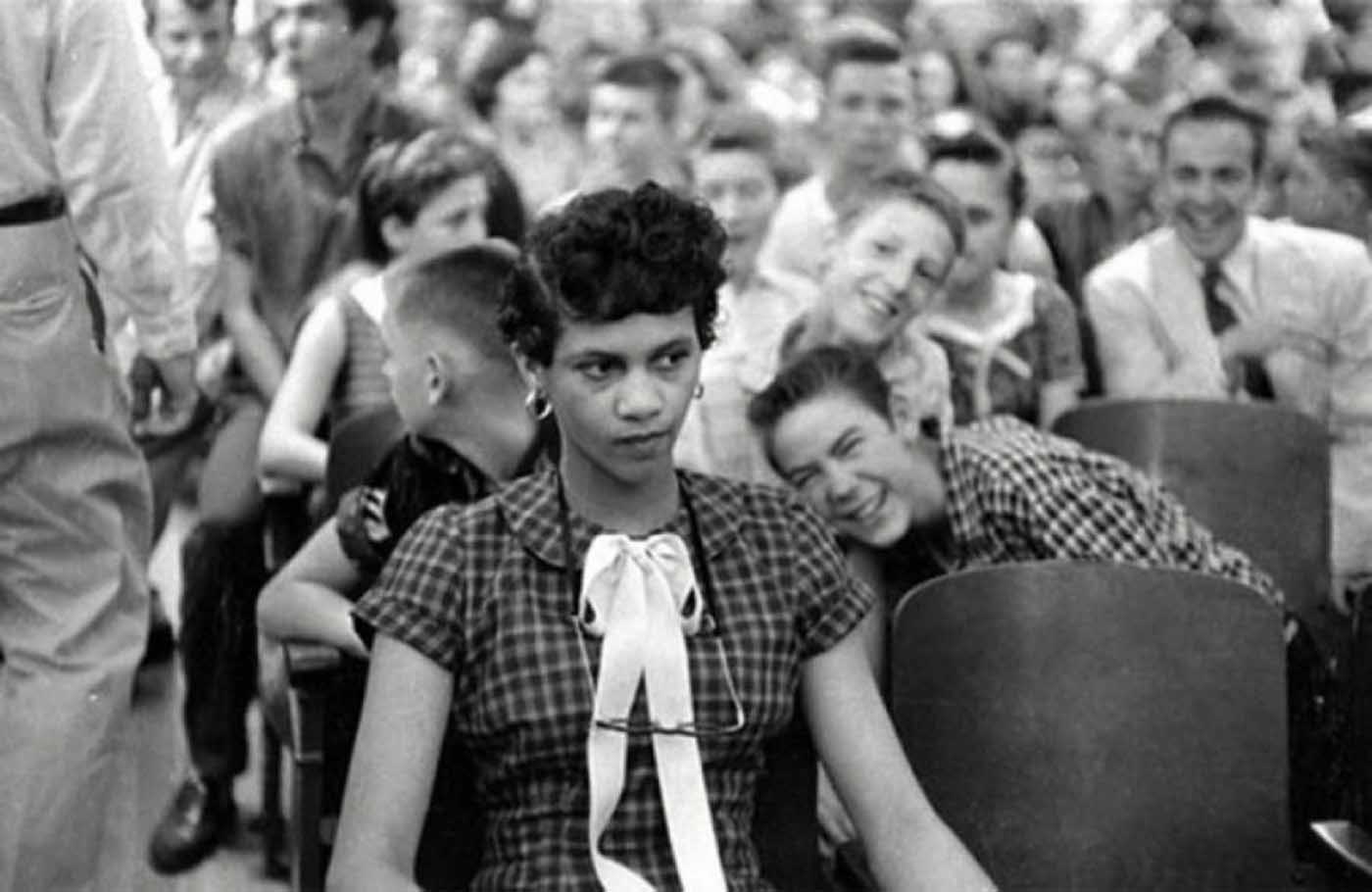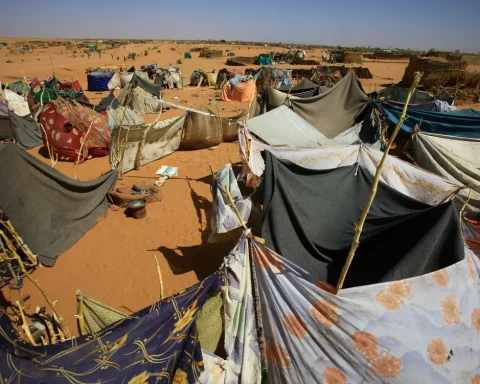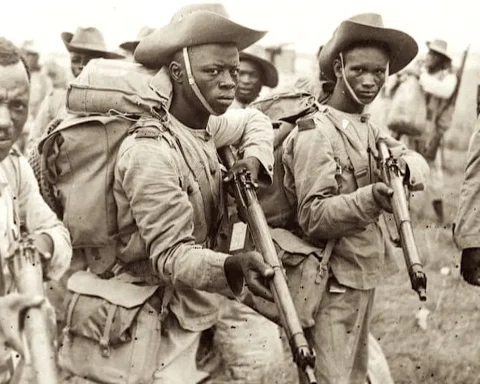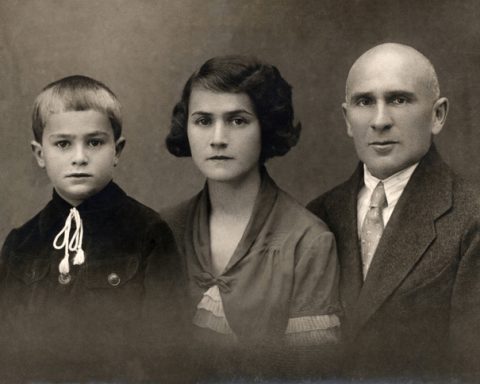Despite being in existence for an extended period, the FBA was in the limelight a few months ago in the social media space, where Africans criticized the essence of its existence, citing that it was meant to confer a feeling of superiority between immigrants and black Americans.
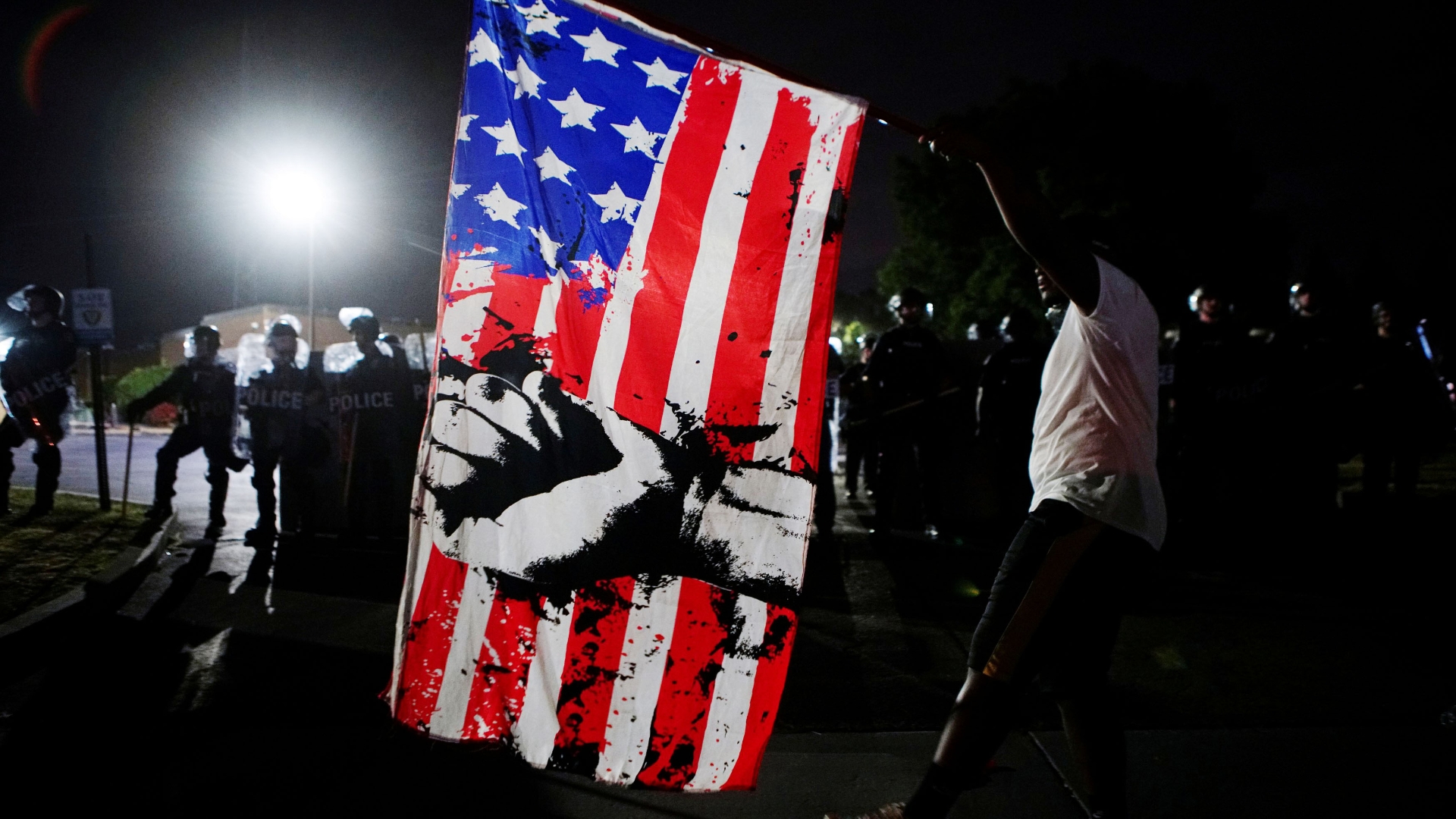
On its official website, a Foundational Black American is defined as anyone whose complete parental lineage or any of his parental lineage can be traced back to the “American system of slavery“.
Immigrants from African nations categorized as African-Americans are not described as members of this organization and, in fact, “should not be considered, or looked upon as a representative or spokesperson for serious political, social, economic or judicial issues that affect Foundational Black Americans collectively”.
While making the categorization, the website stated that this classification is necessary in case “when Foundational Black Americans present a reparations claim”.
The beauty of history is in the stories it unfolds to the generation that could not witness it. Anyone with knowledge of American Slavery and how much persecution was meted out against black people would not fault their descendants for trying to create a unique identity for themselves.
However, that being said, its institutionalization creates a problem of its own. The FBA could not be wronger for choosing to undermine the plight of Africans and other black people worldwide because they were not slaves on plantations during the American slavery era. How are they wrong? Walk with me.
To start with, black people everywhere (Africans, Aborigines, The Carribeans and so on) never had it easy. The period of the 16th Century to the late-20th Century marked a period of systematic diminishing, destruction, and milking of the Black man’s resources (both human and natural and mineral resources).
While slavery may have gone on for over 400 years from the 16th Century to the 19th Century, Africans saw their lands invaded by foreigners who partitioned these lands into colonies, establishing their governments here while milking the continent of her human and mineral resources.
Millions of lives were lost across Africa, with a record of 10 million lives lost in Congo alone due to the brutal leadership of King Leopold I of Belgium. Even with the end of colonialism, the continuous interference of these foreign European powers led to the brutal destabilization of governments and aiding civil wars occasioned by this instability, killing over 4 million people, as was in the case of the Biafran War in Nigeria.
The concept of loss is not lost to any Black man. Hence, choosing to categorize us based on our loss level is plain ignorance. While these Black Immigrants would not care less about whatever reparation owed to the FBA as the “people who developed America” (which is one of the reasons for this categorization), it is essential to note that the resources milked from Africa and the Caribbean as a result of centuries of colonization and neo-colonialism are a more substantial ‘powerhouse’ that has kept the country going over the years.
By that logic, every African is owed some form or sort of compensation or reparation, as the case may be. Choosing to clog the voice of immigrants about the dangers and other issues bothering African Americans or Black people generally on account of not having a direct lineage of plantation workers makes it even more despicable to let this organization run in the first place.
Just as none of us had it easy, our stories tell a tale of suffering, death, freedom, and continuous persecution. Every black man has had his fair share of this cycle. It has defined our lives, and the story naturally flows because we have had a front-row seat, watching this over the years. Deciding to deny us the right to speak out about any issue on black people generally does not make sense.
In the end, the existence of the Foundational Black Americans depicts a new colour of racism. It displays the colour of ethnic segregation. It represents a colour of discrimination against immigrants. It shows the colour cynism against Africans and other black people of various origins. The fact that this organization exists gives room to question the unity of the black race.
Read Also – Reviewing the ‘Cancel Culture’ in Black Culture

